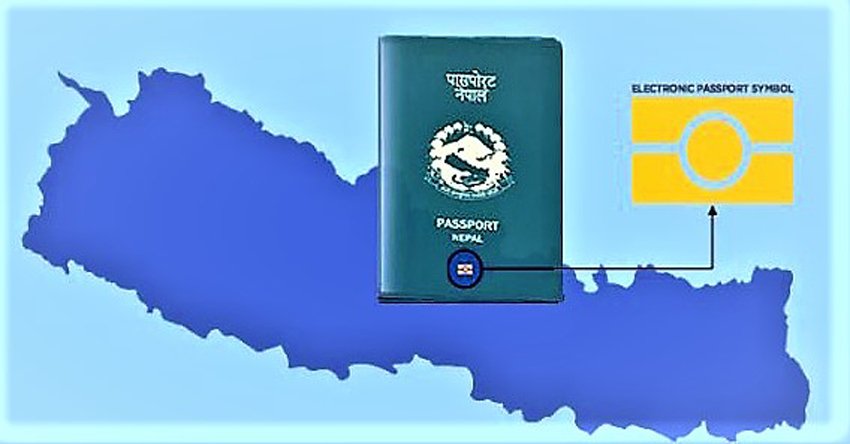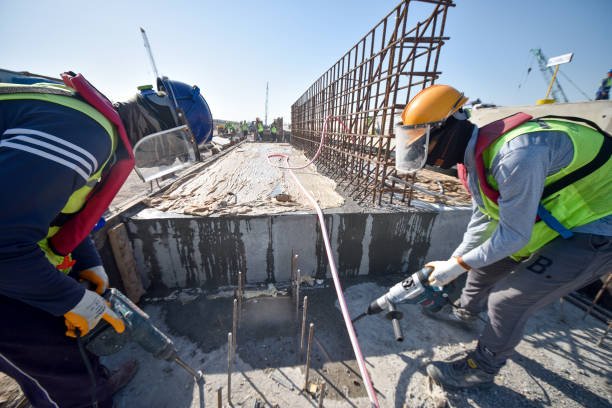Nepali passport ranked 101st: A wake-up call for policymakers

The Henley Passport Index for 2025 just came out, and Nepali passport is ranked 101st. Compared to last year, Palestinian Territory’s passport has overtaken us, and in last five years, the North Korean passport has been ranked higher than ours.
As I was scrolling through the methodology of this index, one of the assumptions caught my eyes. As per Henley and Partners, this index assumes “Entry to the destination country is for tourist or business purposes”.
If you go to the Tribhuvan International Airport, people leaving the country for business or pleasure will be very few and far in between.
According to the recent report published by the Department of Immigration, in 2024, 1.67 million people left the country and half of them is for Employment. Even though the percentage of people leaving the country for foreign employment remained same for 2024 & 2023, total number increased by almost 50 thousand. I do not see this trend going down anytime soon, but rather this rate will increase.
Last month, FIFA announced that the 2034 world cup will be hosted by Saudi Arabia. With this news, Saudi Arabia will be a popular destination for Nepalese migrant workers.
As a Nepali, we don’t have to go far back to recall the horror of the World Cup being hosted by another gulf country. As per our Ministry of Labor, Employment and Social Security, at least 2,100 Nepalese workers died in Qatar since 2010, the year it won the World Cup hosting rights. So, in next 10 years, many parents will lose their kids, and their deaths will be just another statistic.
The harsh working conditions is just one of the factors that are killing Nepalese migrant workers. The suicide rate among Nepalese migrant workers in South Korea – seemingly better working condition than in the Gulf countries – is on the rise. Research published by the International Journal of Environmental Research and Public Health indicates that the perceived risks for suicide include a complex set of socio-cultural, behavioral, occupational, physical, and mental health issues. So, it is imperative that the policy makers need to design mental health programs for migrant workers before they leave the country.

Zooming out to the macro level, policymakers are happy to run the country on remittance. However, they have failed to see the negative impact of migration. With the increase in remittance, the trade deficit of Nepal has increased as well. Only children and elderly are in the villages, and fertile lands are empty because our able population are growing food for foreign countries, and contributing to their economies, pushing their passports up the rankings.
If we want to see Nepali passport higher in the ranking, policymakers need to focus on building a domestic market where our youths can use their skills. If people have ample opportunities to make living in our country, only reason we will fly out is for tourist and business purpose.


Leave Comment